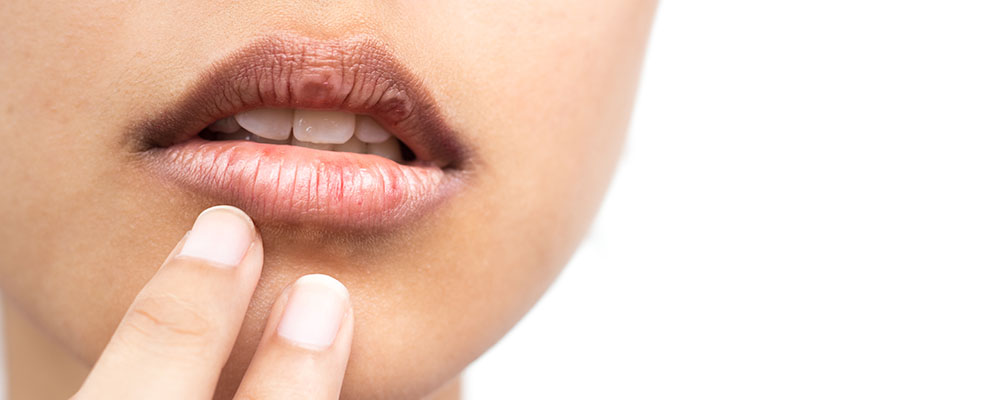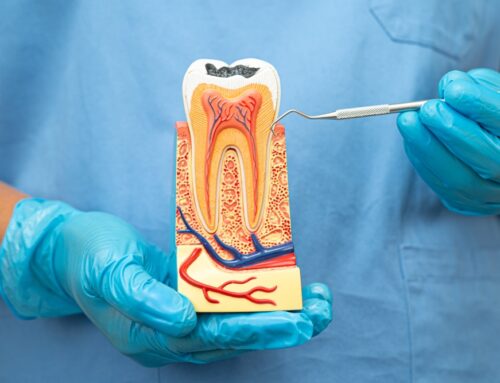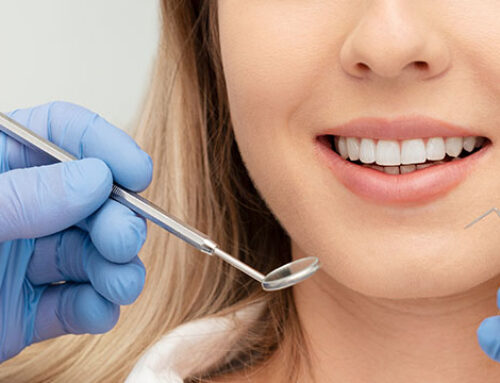Xerostomia, more commonly known as dry mouth, occurs when there is insufficient saliva to keep the mouth sufficiently moist. When the air cools down, it is not as humid as it is during the summer. Cooler air hardly carries any moisture at all. Turning on your heater does not alleviate this situation. It heats your home but does not add moisture to the air and exacerbates dry mouth.
Understanding Dry Mouth
Other than the air, there are several common causes of dry mouth. These include the following:
- Nerve damage to the salivary glands in the neck or head reduces the saliva your mouth can produce.
- Chemotherapy and immunotherapy cause saliva to feel thick, and this makes your mouth feel dry.
- Radiation therapy can damage the salivary glands.
- Diseases such as diabetes, HIV/AIDS, and Sjogren’s disease.
- Medications for bladder control, depression, and hypertension.
- Dry mouth becomes more common with age.
- Breathing with the mouth open or snoring.
- Smoking, chewing tobacco, or alcohol.
- Methamphetamine is notorious for provoking severe dental problems.
A dry mouth can be an annoyance, but it may be something worse for you. Finding the underlying cause can help treat Xerostomia.
Tips for Adapting Oral Care Routines to Seasonal Changes
When you experience a dry mouth, the best thing to do is drink water throughout the day. If you find it challenging to drink water, you can add juice to give it some flavor. Fruits and vegetables often contain a lot of water, so they are a great option. If you drink coffee, plan to drink water afterward so that you replace the water and electrolytes you lose by drinking this beverage.
Combatting Dry Mouth
Several quick and practical home remedies can alleviate dry mouth. For example, using a humidifier once or twice a day works well, as dry mouth can often be caused by indoor dry air. Carry a water bottle with you to stay hydrated. Ask your dentist about nasal washes that relieve dry mouth symptoms. If your symptoms could be related to cancer treatment, research has even shown that acupuncture can alleviate symptoms.
Chewing sugarless gum and drinking plenty of water may help this situation. Also, eliminate coffee, sodas, and tea from your diet, as these can dehydrate you. In extended circumstances, freezing slices of cucumber and melon and letting them melt in your mouth can help. Doing so may reduce dryness and improve taste.
Avoiding dry mouth is about more than comfort. It can make it challenging to eat a well-balanced diet, which is necessary to remain healthy. It can also lead to cracked lips and mouth sores and cause plaque to build up, teeth to decay, and gum disease to flourish.
Seeking Professional Help
If you are experiencing persistent dry mouth symptoms, make an appointment with your dentist. Your dentist will determine the cause of your dry mouth and recommend a treatment. This may include altering the dosage of your medications or prescribing a saliva substitute.
As the seasons change, you must ensure that you’re well-hydrated throughout the year to prevent the unpleasant consequences that a dry mouth causes. Dental checkups are also important. If you are experiencing dry mouth and would like to make an appointment with a dentist, contact us at Premier Cosmetics & Family Dentistry.






